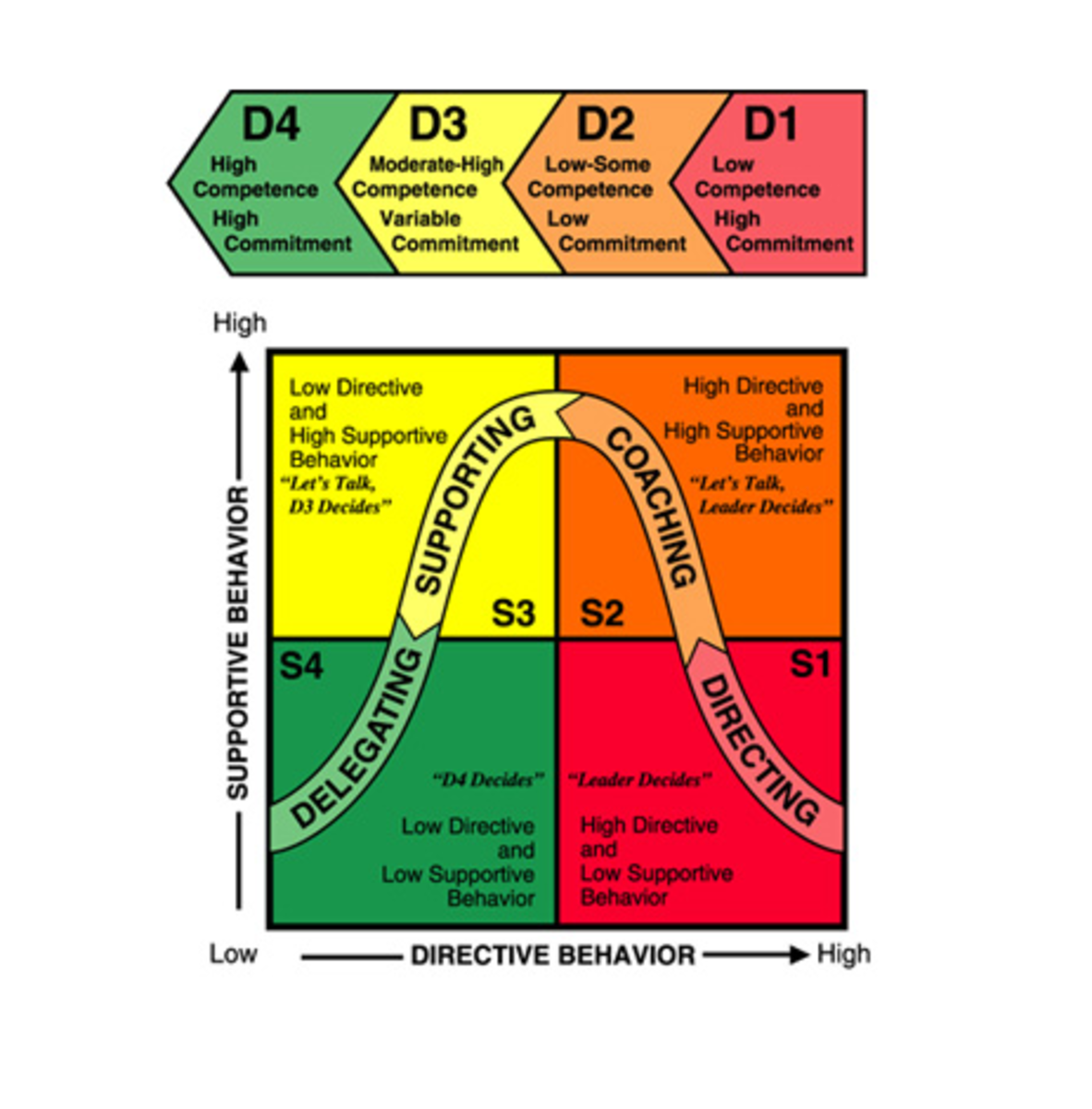Business & Marketing: Ways to measure your B2C content marketing performance

Measuring the performance of your B2C content marketing can be concerning to marketing professionals. There is not a great deal of relevant advice offering details on marketing strategy and marketing performance measurement. According to a 2010 article by L Lamberti and G Noci of the University of Milan, and published in the European Management Journal (full article is downloadable and first sourced piece on linked search page), a classification scheme for performance measurement is in existence.
Academic advice on measuring B2C marketing
The Lamberti and Noci article identifies the following methods in marketing literature that academics use to measure the performance of marketing:
- marketing efficiency - transforming inputs to output
- ability to attract and retain the profitable customer
- able to maintain alignment with non-marketing divisions within the organisation - internal consistency
- able to maintain an interface with the supply chain
- able to create market intelligence that's sufficient to grow the organisation's customer orientation or focus (intellectual capital).
Examples of what this means in real terms
In all honesty, this may seem "academic speak" and difficult to translate over to marketing your business in the real world. In real terms your business should be assessing the performance of its content marketing by way of looking at some of the following types of performance measurements (see table 5 in linked article for further ideas):
- conversion rates - how many viewers of your original content convert into actual sales or ongoing customers' value of lifetime or long term orders
- efficiency rates - does your content provide adequate efficiency. You could assess this by way of special offers or discounts included within content
- assessing how much content provision costs compared to order values or new customer numbers
- client satisfaction - if your content is top notch, you might expect satisfied readers who are more likely to convert to customers with a brand they know they can trust. This can be assessed via customer audits
- continual measurement of market share, assessed against content generation via audit to check spikes in customers.
Providing your customers and future customers with valuable and thoughtful content gives additional credibility to your business brand and can lift it from the realms of just adequate to the possibility of reaching levels of superb customer satisfaction, high levels of employee motivation and personalized branding that any business should hope to attain, if it wants to attract sophisticated and repeat customers in the modern era.
© 2014 Dawn Denmar







